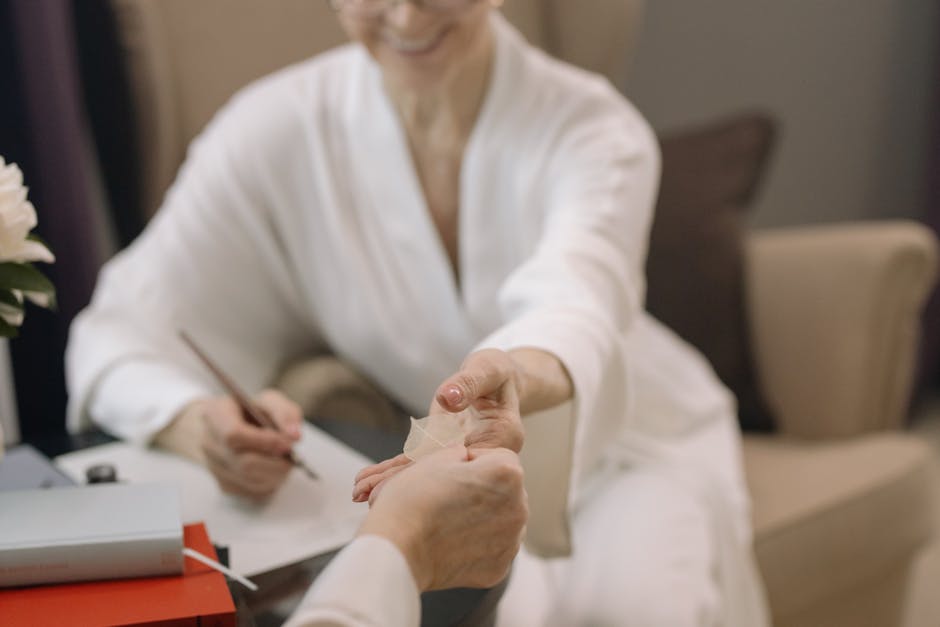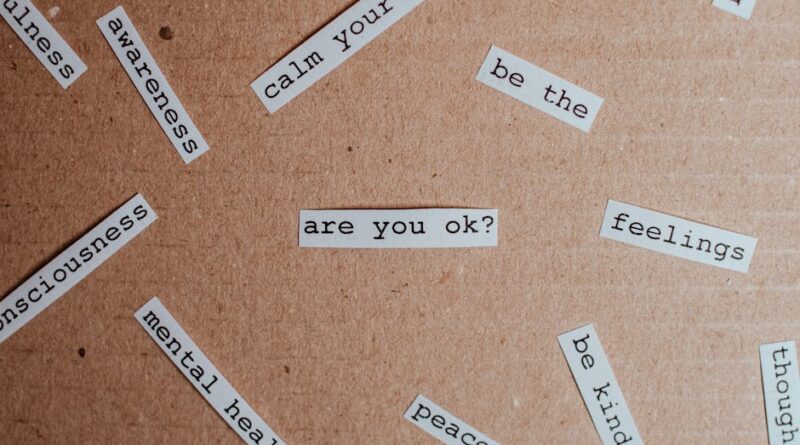Empathy and Healing: Patients’ Personal Letters
Have you ever received a heartfelt letter that made you feel understood? For patients, personal letters can be a powerful tool for healing. They share stories of struggle, hope, and connections with others. These letters show how empathyunderstanding and sharing feelingscan play a vital role in recovery. But how do these letters help? Lets explore.
What Are Personal Letters in Healthcare?

Personal letters from patients are more than just words on a page. They often express feelings, experiences, and thoughts about their health journeys. Whether they are addressed to doctors, family members, or support groups, these letters can serve as a source of comfort. They create a bridge between patients and caregivers.
Research shows that writing about ones feelings can improve mental health. This form of expression allows patients to process their experiences. It often leads to a greater sense of control over their situation.
Why Is Empathy Important in Healing?

Empathy is at the heart of healing. It goes beyond sympathy. Sympathy means feeling pity for someone. In contrast, empathy means putting yourself in another’s shoes. it’s about truly understanding their pain and joy.
Studies indicate that when healthcare providers show empathy, patients are more likely to:
- Follow treatment plans.
- Feel satisfied with their care.
- Experience less anxiety and depression.
Think about a time when someone listened to you during a tough moment. That feeling of being heard can make all the difference. In healthcare, empathy creates a healing environment.
How Do Patients Express Empathy Through Letters?

Patients often write letters to express their feelings. These letters can include:
- Thank-you notes to healthcare providers.
- Stories about their experiences.
- Messages of hope to fellow patients.
These letters serve several purposes:
- They express gratitude, which can uplift both the patient and the provider.
- They share personal stories that can inspire others on similar journeys.
- They offer insights that can improve patient care.
What Can We Learn from Patients’ Letters?

Reading patients’ letters can be eye-opening. They provide insights into feelings and experiences that many cannot express verbally. Here are a few common themes that emerge:
- Vulnerability: Patients often share their fears and uncertainties.
- Hope: Many letters highlight resilience and the will to fight.
- Connection: Letters often mention the importance of support from family and friends.
Understanding these themes can help healthcare providers offer better care. For example, knowing that a patient feels anxious about treatment can lead to additional support and reassurance.
How Can Healthcare Providers Respond?
When healthcare providers receive these letters, it’s essential to respond thoughtfully. Heres how they can show empathy:
- **Acknowledge the Letter:** A simple acknowledgment can mean a lot.
- **Share Your Thoughts:** Responding with your own feelings shows the patient that you care.
- **Offer Support:** Let them know you’re there to help on their journey.
When providers take the time to respond, it strengthens the patient-provider relationship. This connection can lead to better health outcomes.
Can Writing Letters Help Patients Heal?
Writing letters is not just for communication. It can be a therapeutic tool. Heres how writing can aid in healing:
- Emotional Release: Putting feelings into words can relieve stress.
- Clarity: Writing helps patients understand their thoughts and feelings better.
- Legacy: Some patients write to leave a message for future generations.
Consider a patient who writes about their diagnosis. This act can help them face their fears and gain clarity about their journey. Writing becomes a form of self-care.
What Role Do Support Groups Play?
Support groups often encourage letter writing among members. These groups provide a safe space for patients to share their letters and stories. This can foster a sense of community and belonging.
In these groups, patients can:
- Share their letters for feedback.
- Encourage each other through their words.
- Build friendships based on shared experiences.
Support groups can also help patients see they are not alone. This connection can be incredibly healing.
What Can We Do With These Letters?
So, what should we do with the letters shared by patients? Here are some ideas:
- **Create a Book:** Compile letters into a collection to share with others.
- **Use in Training:** Incorporate letters into training for healthcare providers.
- **Host Workshops:** Offer workshops on letter writing for patients and caregivers.
By sharing these letters, we can spread the message of empathy and healing. They can inspire others and improve healthcare practices.
Can Empathy Be Taught?
Many wonder if empathy is something we can learn. The answer is yes! While some people may naturally be more empathetic, skills can be developed. Here are a few ways:
- **Practice Active Listening:** Focus completely on the speaker.
- **Engage in Role-Playing:** Put yourself in someone else’s shoes.
- **Reflect on Feelings:** Think about how you would feel in a similar situation.
By practicing these skills, healthcare providers can enhance their empathetic abilities. This, in turn, can lead to better patient care.
What Are the Takeaways?
In conclusion, empathy and healing are deeply connected. Personal letters from patients reveal powerful insights into their experiences. They help foster connections, improve care, and provide comfort.
Here are some key takeaways:
- Empathy is essential for effective healthcare.
- Personal letters can facilitate emotional healing.
- Healthcare providers should actively respond to patient letters.
- Empathy can be developed through practice.
Next time you write or receive a letter, remember it’s power. Words can heal, connect, and inspire. Lets encourage patients to share their stories and show them they are not alone in their journey.
For more insights on empathy in healthcare, visit Harvard Health.



